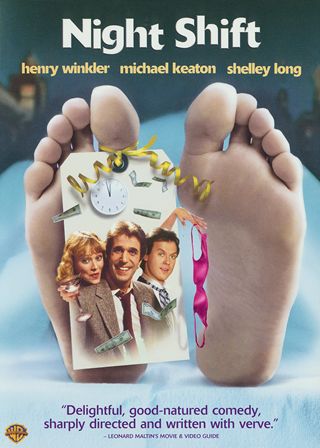2014 — 11 March: Tuesday
I have still failed to come up with a bulletproof workaround for the irritating bug1 when I try to "Save as" a new ¬blog entry, the one from the previous day. I am, however, delighted with the peace and quiet hereabouts now that the only constantly-moving part in BlackBeast is the already-quiet Zalman CPU cooling fan.
Shattering...
... my peace and quiet again. I've just snapped off the BBC Radio 4 news as they struggled to turn a non-story into a babbling news story. Back to some morning web browsing, therefore. I found the audio demo contained in this article is indeed a bit weird, I admit. But I was unconvinced of its claimed musicality. Your decibels may vary.
If the fictional...
... and grumpy doctor Gregory House is correct, "Everybody lies". And, if that's true, it probably makes sense to seek a technological fix, I guess. Despite the many demonstrations of the essentially useless polygraph, gormless bureaucrats (and worse, security agencies) are most reluctant to junk it. And Police Constable Plod right here in the benighted kingdom suffers from the same deluded fixation.
Now that we've bailed out the bankers (and watched them pay themselves bonuses once again) benefits cheats among "the poor" have been identified as the new root cause of all that is evil in our failing capitalist wonderland.2 So bits of our guvmint are now putting their faith in shiny new voice stress analysis kits to identify all those cheats who, in total, probably cost us less than a couple of banks' bonuses each year. This is the abstract from a 2007 Swedish analysis in the International Journal of Speech, Language and Law. It's titled "Charlatanry in forensic speech science":
A lie detector which can reveal lie and deception in some automatic and perfectly reliable way is an old idea we have often met with in science fiction books and comic strips. This is all very well. It is when machines claimed to be lie detectors appear in the context of criminal investigations or security applications that we need to be concerned. In the present paper we will describe two types of 'deception' or 'stress detectors' (euphemisms to refer to what quite clearly are known as 'lie detectors'). Both types of detection are claimed to be based on voice analysis but we found no scientific evidence to support the manufacturers' claims. Indeed, our review of scientific studies will show that these machines perform at chance level when tested for reliability. Given such results and the absence of scientific support for the underlying principles it is justified to view the use of these machines as charlatanry and we argue that there are serious ethical and security reasons to demand that responsible authorities and institutions should not get involved in such practices.
Lovely word, 'charlatanry'. We don't see it used as often as we should.
Living Life, as I...
... do, in the Fast Lane — a (perhaps?) self-indulgent 1,564 GB of SSD does speed some things up — I was relieved to confirm3 that my indispensable Copernic desktop search engine was perfectly happy to index all the music files stashed away on the Synology NAS while the Maestro does his supplies shopping.
The current barometric pressure is almost high enough to cause a nose bleed. Odd weather. And there are some trees in full blossom, but where are the tulips of yesteryear?
I only heard...
... the music of psychedelic jazz harpist Dorothy Ashby for the first time last year. Catching up on last Sunday's "Freak Zone", here she is again, this time with some tracks from her 1970 album "The Rubaiyat of Dorothy Ashby", of all odd things. "The moving finger writes..." indeed. [Pause] Amazon is offering three new copies of the 2010 CD re-issue from £82-13, if you please. The first track Maconie played sounded very reminiscent of that lovely 1966 album "Groovin' with the Soulful Strings". Turns out there's a jolly good reason for that, too: both albums were produced by Richard Evans.
I didn't realise...
... that this was Michael Keaton's first film:

If asked, I would probably have said "The Dream Team". And I bought my first copy of that on LaserDisc.